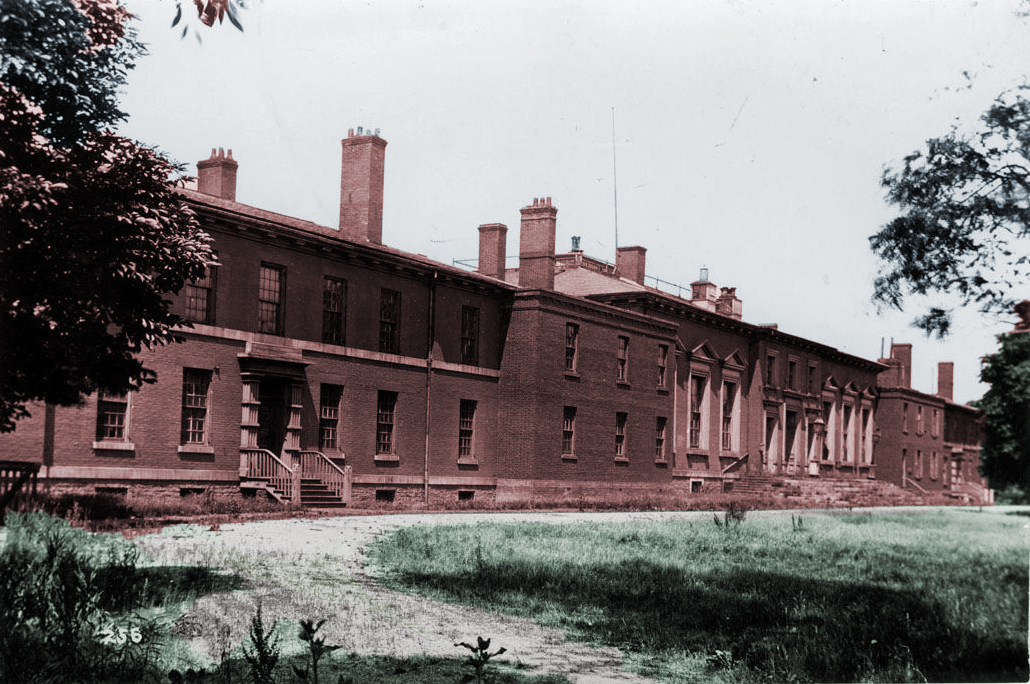 Norman Jaques, a former Social Credit MP from Alberta, earned a special place in the annals of Canadian antisemitism 60 years ago when he wrote a virulently anti-semitic letter on House of Commons letterhead, thus tarring two reputable institutions with a single brush.
Norman Jaques, a former Social Credit MP from Alberta, earned a special place in the annals of Canadian antisemitism 60 years ago when he wrote a virulently anti-semitic letter on House of Commons letterhead, thus tarring two reputable institutions with a single brush.
In the summer of 1943, as the Nazi Holocaust was raging in Europe, Jacques extolled the fraudulent Protocols of the Elders of Zion for their truthfulness and complained, much like the Ahenakews and Baaklinis of today, that the Jews maintain a complete stranglehold over the news media.
As Janine Stingel writes in her book, Social Discredit: Anti-Semitism, Social Credit and the Jewish Response (2003), Jaques was “long considered to be the most notorious anti-Semite in the Social Credit movement and used his parliamentary privilege in the House of Commons to oppose international political Zionism vehemently.”
It is for this reason that Jaques was eventually marginalized by party members such as Ernest Manning, who would become Albertan premier, and who would watch a generation later as his son, Preston, attempted to remove antisemitic fringe elements from his own Reform political party.
Stingel, an Albertan with a PhD in history from McGill, became motivated to learn everything she could about Canada’s Social Credit party and its shameful dalliance with anti-Semitism while attending high school in her small village of Alix, in central Alberta, almost 20 years ago.
One day, a school superintendant attended classes in her tiny school; only later did she realize it was in reaction to the discovery that Albertan teacher Jim Keegstra from nearby Eckville had been teaching “bad things” about Jews. A few years after Keegstra’s hate-crimes conviction, Stingel wrote a college history paper on him and others of the same ilk, and the impulse for the current book was born.
Social Discredit outlines the intermingled careers and activities of such people as party founder William Aberhart, who led the party into a landslide victory, and economist C. H. Douglas, who for years disseminated pamphlets about an international Jewish financial conspiracy.
Other party members included Ron Gostick, who later moved to Flesherton, Ont., and acquired a reputation as “one of Canada’s most notorious anti-Semites”, and Solon Low, who continued to espouse anti-Semitism even after Manning’s purge of the party in 1947-48.
Stingel focuses on the Jewish response, and relates the early activities of the Canadian Jewish Congress as it slowly adopted an aggressive approach to countering antisemitism and other forms of race hatred in the post-war era. Contributions by Sam Bronfman, Rabbi Abraham Feinberg, Sam Jacobs, Ben Kayfetz, David Rome, Louis Rosenberg and others are duly noted.
Stingel resurrects much shocking history, but she notes that Social Credit’s anti-Semitism was strictly rhetorical and ideological.
“At no time was the movement anti-semitic in the Third Reichian sense of officially adopting and transforming that ideology into a policy of discrimination, then executing the policy by a system of aggression,” she writes.
Further, she observes that neither premiers Aberhart nor Manning were overt antisemites and that most Albertans did not vote for the party, at either the provincial or federal levels, because of its antisemitism.
If antisemitism in mainstream Canadian politics is the dark cloud, Social Discredit must count as a silver lining. Admirably well written and concise, it won a Canadian Jewish Book Award last year and a prize from the Montreal Jewish Library in November. It exposes much discreditable conduct within Canada’s historic Social Credit movement, and adds significantly to the field of Canadian Jewish studies.
Social Discredit was published by McGill-Queens University Press and sells for $44.95. ♦
© 2003 by Bill Gladstone






